Kids/Teen: Recognizing Substance Use Disorders & Mental Health Concerns
December
Join us!
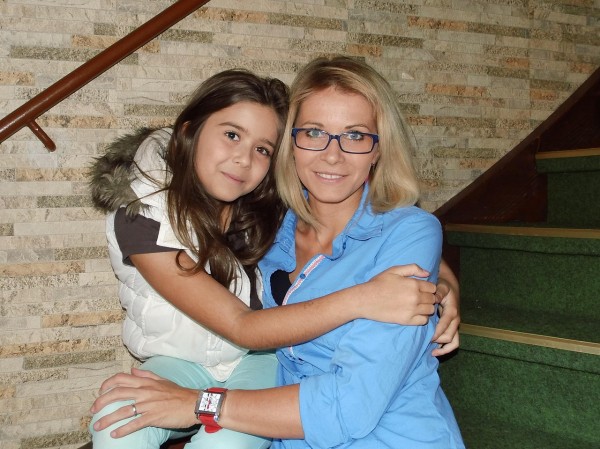 Not sure how to prevent drug or alcohol use? Are you concerned what to do if you suspect or have discovered substance use? The Partnership to End Addiction has a series of materials/resources to help parents and caregivers through this issue. They have the science- and research-backed information to help you help your child. IFRC will provide links each month to a section of these resources. The teen and young adult years are confusing, complicated and formative. Understanding what's happening socially and developmentally — and how it can intersect with substance use — is fundamental to setting the stage for healthier outcomes.
Not sure how to prevent drug or alcohol use? Are you concerned what to do if you suspect or have discovered substance use? The Partnership to End Addiction has a series of materials/resources to help parents and caregivers through this issue. They have the science- and research-backed information to help you help your child. IFRC will provide links each month to a section of these resources. The teen and young adult years are confusing, complicated and formative. Understanding what's happening socially and developmentally — and how it can intersect with substance use — is fundamental to setting the stage for healthier outcomes.
What is "normal?" Is Teen Substance Use Normal? (Partnership to End Addiction)
Brain development & behavior Teen Brain Development (Partnership to End Addiction)
Learn more in our Playbook for Parents of Tweens (Parents-for-Tweens-Playbook-062821.pdf)
Learn more in our Playbook for Parents of Teens (Playbook-for-Parents-of-Teens-062821.pdf)
Visit: Prevention & Early Action - Partnership to End Addiction
Positive Parenting
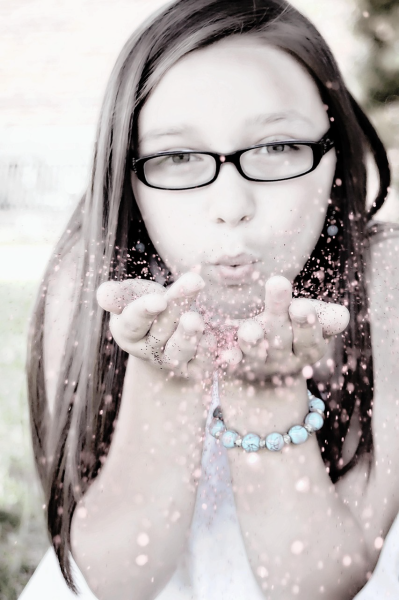 You may ask: What Is Positive Parenting? Partnership to End Addiction states positive parenting for teens means staying connected to your child with warmth, support, and clear rules. It matters for substance use and risky Behaviors. We know teens are more likely to take risks when they feel stressed, don’t feel close to family, or think no one’s paying attention. Positive parenting can lower the chances your teen will drink, vape, try other drugs or do other things that could harm them. Take a look at Positive Parenting Tips:
You may ask: What Is Positive Parenting? Partnership to End Addiction states positive parenting for teens means staying connected to your child with warmth, support, and clear rules. It matters for substance use and risky Behaviors. We know teens are more likely to take risks when they feel stressed, don’t feel close to family, or think no one’s paying attention. Positive parenting can lower the chances your teen will drink, vape, try other drugs or do other things that could harm them. Take a look at Positive Parenting Tips:
Stay connected. Try saying: “Tell me more about what happened at school today.”
Set clear rules and expectations. Example: “I care about your safety, so we have a rule of no drinking. If you’re ever in a situation where you feel unsafe, you can always call me.”
Praise the good stuff. Say something like: “I saw how you helped your sister earlier—thank you.”
Use “teachable moments.” Example: “What do you think about that show where the teen got caught with pills? What would you do in that situation?”
Be a role model. Your actions speak louder than your words. Talk to your teen about how you make healthy choices.
Check out: Positive Parenting for Teens: Practical Tips That Work - Partnership to End Addiction

As more states legalize adult marijuana use, many parents assume the risks have decreased. But Partnership Helpline Specialist Karla Castro-Soto wants you to know a critical fact: today's marijuana is dramatically different from what previous generations experienced. Here's what's changed: THC levels in modern strains are 3-4 times higher than in the 1990s; Consumption methods have expanded far beyond smoking to include edibles, vapes, and concentrates; While legal access has increased, the risks to developing brains haven't decreased; The science is clear, marijuana use during adolescence can negatively impact brain development and increase risks for mental health issues including depression, anxiety, and in some cases, psychosis.
Safety tip from Karla: Create a "no questions asked" safety plan with your teen. If you're navigating conversations about marijuana or other substances with your teen, our helpline specialists like Karla provide confidential, non-judgmental support.
#Marijuana #ParentSupport #TeenSafety #SubstanceUsePrevention #LearnWithPartnership
May
Mental Health for Children and Families
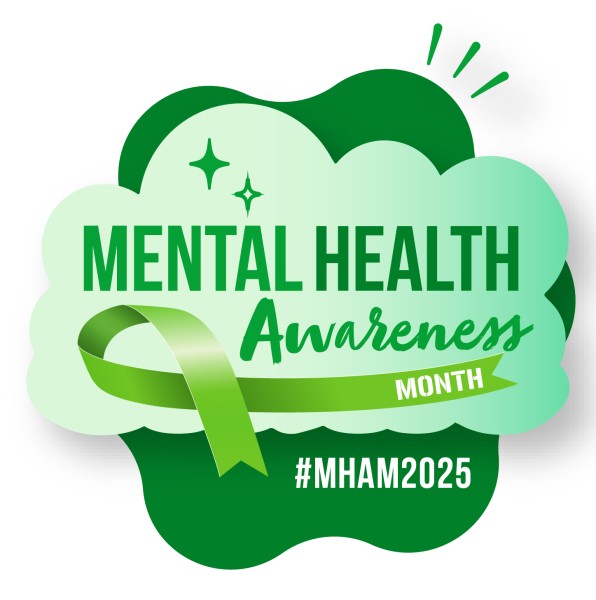 Talking to children about mental health and illness can be an opportunity for parents and caregivers to provide their children with information, support, and guidance. Mental and substance use disorders in families can impact family dynamics. And for children who could benefit from treatment, it can still be hard for parents and caregivers to identify issues or find help and treatment.
Talking to children about mental health and illness can be an opportunity for parents and caregivers to provide their children with information, support, and guidance. Mental and substance use disorders in families can impact family dynamics. And for children who could benefit from treatment, it can still be hard for parents and caregivers to identify issues or find help and treatment.
Check out SAMHSA’’s information at: Mental Health for Children and Families | SAMHSA and Mental Health: Get the Facts | SAMHSA
Week 2: Teens and Children
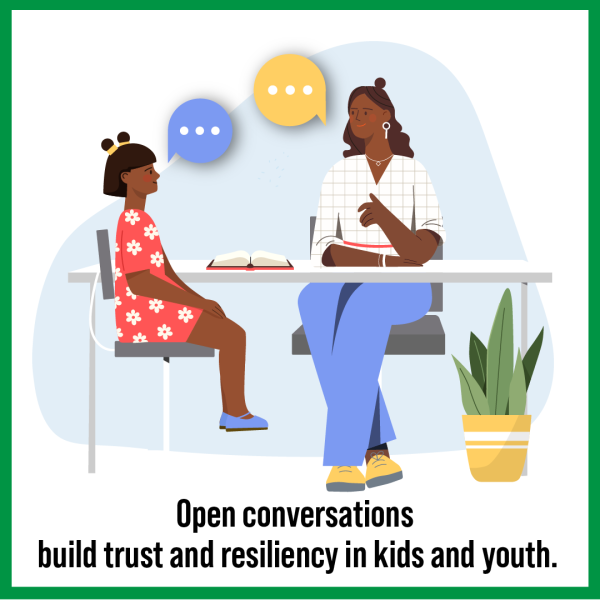 SAMHSA shares that face-to-face conversations can foster mental health development, enhance communication skills, and build confidence in our youth. Talk to your children and teens about mental health. Need help getting started? Visit the SAMHSA site below.
SAMHSA shares that face-to-face conversations can foster mental health development, enhance communication skills, and build confidence in our youth. Talk to your children and teens about mental health. Need help getting started? Visit the SAMHSA site below.
Visit: samhsa.gov/find-support/helping-someone/helping-your-child #MHAM2025
My Recovery, My Journey
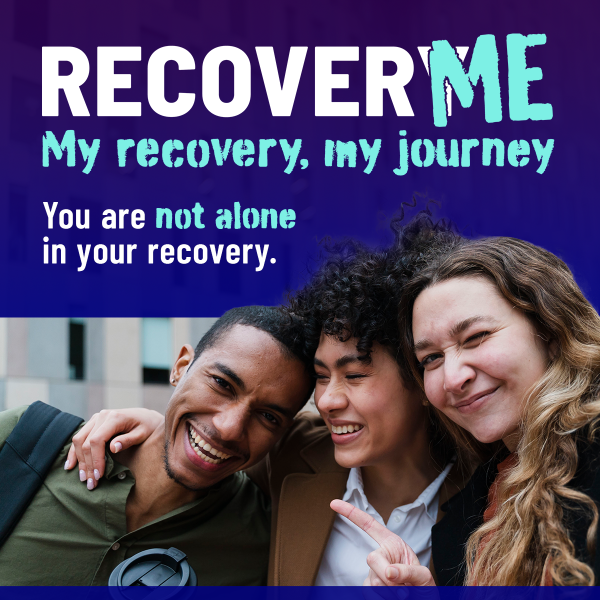 Recovery is a process, a journey, and is about getting the support you need to keep living a life that feels authentically you. It’s about your mental health, managing your relationship with drugs and/or alcohol, and finding joy and connection in the face of life’s ups and downs. Your journey is unique, and you are not alone.
Recovery is a process, a journey, and is about getting the support you need to keep living a life that feels authentically you. It’s about your mental health, managing your relationship with drugs and/or alcohol, and finding joy and connection in the face of life’s ups and downs. Your journey is unique, and you are not alone.
Many young adults face challenges with drugs, alcohol, and mental health and are likely navigating the same things you are. When you work on your recovery, you join a community of people who can support you through empathy, respect, and mutual empowerment.
Check out: RecoverMe | SAMHSA
Holiday Support for Our New Families
 The holidays can be a time of both joy and sadness for adopted children and teens, exacerbating feelings of loss and difference. The meetings being offered by C.A.S.E. are virtual, one-time meeting support groups provide a safe space to share personal experiences and feelings, offer mutual support, and provide encouragement and comfort. C.A.S.E. has two support groups meeting in November – IFRC encourages you to learn more. Support our families with the holiday resources.
The holidays can be a time of both joy and sadness for adopted children and teens, exacerbating feelings of loss and difference. The meetings being offered by C.A.S.E. are virtual, one-time meeting support groups provide a safe space to share personal experiences and feelings, offer mutual support, and provide encouragement and comfort. C.A.S.E. has two support groups meeting in November – IFRC encourages you to learn more. Support our families with the holiday resources.
Sign up for the appropriate group at: Teen Adoptee Holiday Support Group - C.A.S.E.
